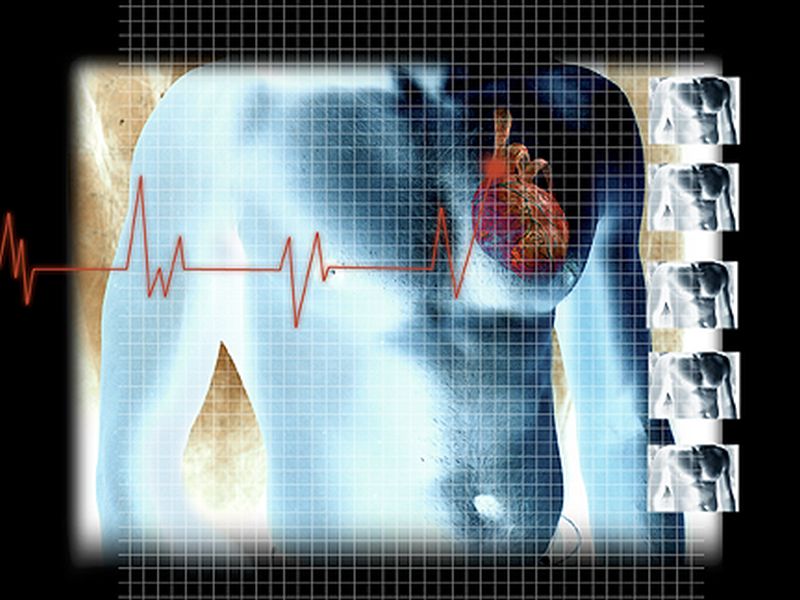THURSDAY, Aug. 1, 2019 (HealthDay News) — Autopsies have uncovered new insight into how the illegal drug methamphetamine harms the heart.
Preliminary findings presented Thursday at an American Heart Association meeting, in Boston, suggest that meth triggers a buildup of tough protein fibers known as collagen in the heart muscle.
Previous autopsy studies have noted injury to heart cells, scarring and enlargement of the heart muscle in meth users.
In this study, Louisiana State University (LSU) researchers compared autopsy results from meth users and non-users in order to learn how the drug causes heart enlargement and heart failure.
The study included 32 chronic users, average age 38, who died from a meth overdose, gunshot or stab wound, hanging, blunt force injury, or sudden heart or lung problems. Their autopsies were compared with five non-users who died suddenly from gunshot, hanging, blunt force injury or blood clots in the lungs.
Besides noting the collagen buildup in meth users, researchers found similar levels in mice exposed to meth. They also saw indications that meth may cause structural changes in heart muscle by inhibiting a specific receptor in the heart. This suggests a possible way to prevent meth-caused heart damage, they noted.
“We found methamphetamine has profound harmful effects on the cardiovascular system and results in irreversible damage to the heart, raising the risk of a heart attack, sudden cardiac arrest and heart failure,” study co-lead author Chowdhury Abdullah said in a heart association news release. Abdullah is a postdoctoral fellow at LSU’s Health Sciences Center in Shreveport.
“Rehabilitation centers for methamphetamine users should routinely monitor heart function and look for signs of heart failure, since early detection of heart problems could prevent further deterioration of the heart muscle. Monitoring should continue even after people have quit using the drug,” Abdullah said.
Researchers couldn’t determine how structural changes in the users’ hearts might affect blood tests and heart function.
Study senior author Shenuarin Bhuiyan, an assistant professor of pathology and translational pathobiology at LSU, added that researchers “need to further study cardiac function and biochemical blood parameters in methamphetamine users, and compare them to those in other substance users and in non-substance users.”
Research presented at meetings is typically considered preliminary until published in a peer-reviewed journal.
About 1.6 million Americans reported using methamphetamine in 2017.
More information
The U.S. Drug Enforcement Administration has more on methamphetamine.
Copyright © 2026 HealthDay. All rights reserved.

